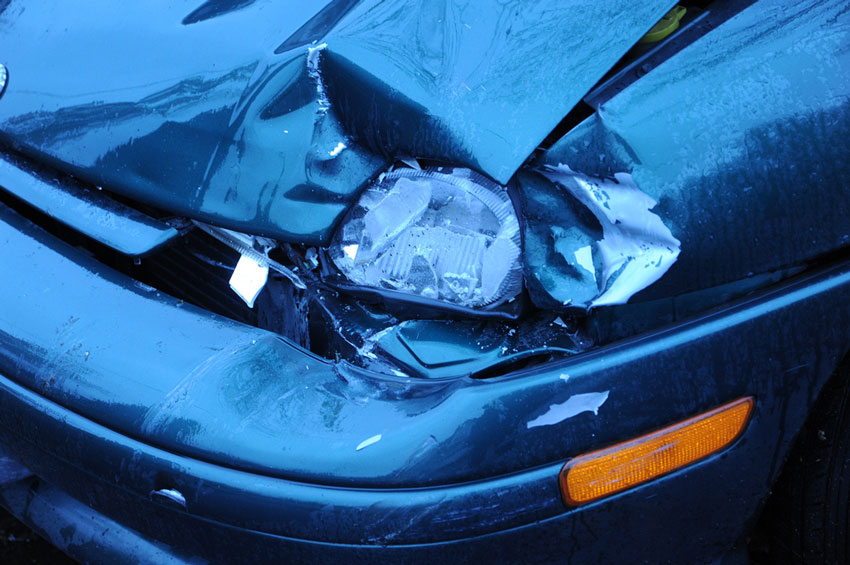
Robohub.org
Human error as a cause of vehicle crashes

Some ninety percent of motor vehicle crashes are caused at least in part by human error. This intuitive claim is a fine place to start discussions about the safety potential of vehicle automation. (It is not an appropriate place to end these discussions. After all, humans can be amazing drivers, the performance of advanced automation systems is still unclear, automated vehicles can be misused, and automation shifts some error from driver to designer.) And since the claim is often made without sufficient citation, I’ve compiled several relevant sources.
(1) The most thorough analysis of crash causation, the Tri-Level Study of the Causes of Traffic Accidents published in 1979, found that “human errors and deficiencies” were a definite or probable cause in 90-93% of the incidents examined. The executive summary is here (see vii), and the two-part final report is here and here. The study continues to be cited, and the Venn diagram on this page provides a useful summary.
(2) A UK study published in 1980 (summarized here at 88-89) likewise identifies driver error, pedestrian error, or impairment as the “main contributory factor[]” in 95% of the crashes examined.
(3) Another US study published in 2001 (available here) found that “a driver behavioral error caused or contributed to” 99% of the crashes investigated.
(4) An annual UK crash report (available here with updated data here in table RAS50002) identifies 78 potential contributing factors, most of which suggest human error. However, multiple factors were recorded for some crashes, and none were recorded for others.
(5) NHTSA’s 2008 National Motor Vehicle Crash Causation Survey is probably the primary source for the common assertion by NHTSA officials that “[h]uman error is the critical reason for 93% of crashes” (at least if “human error” and “driver error” are conflated). The 93% figure is absent from the report itself (probably intentionally) but calculable from the totals given on page 24.
(Note that this 2008 report identifies a single “critical reason” for each crash analyzed. This critical reason, which is “often the last failure in the causal chain,” is “an important element in the sequence of events leading up to a crash” but “may not be the cause of the crash” and does not “imply the assignment of fault to a vehicle, driver, or environment, in particular.” Indeed, several NHTSA officials have told me that they deliberately avoid any reference to causation in this context.)
One final note: Human error, which could mean many things, should certainly encompass drinking and texting. Please don’t do either.
tags: Automotive, Autonomous Cars, autonomous driving, cx-Politics-Law-Society, driverless cars, semi-autonomous driving




